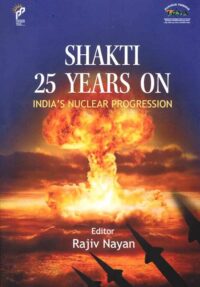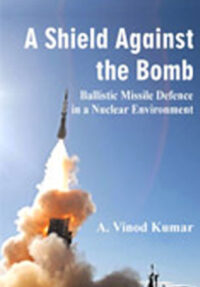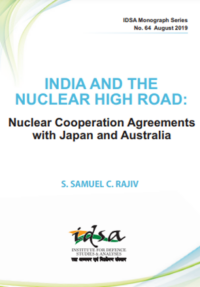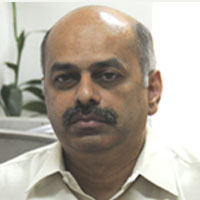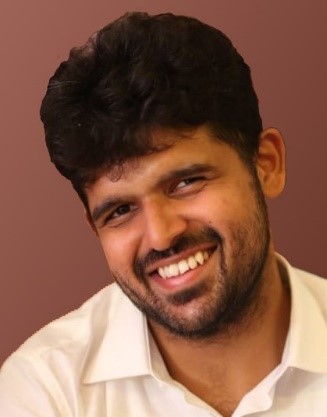Major Shift in U.S. Policy to South Asia: Democracy in Pakistan More Critical Than F 16s
The visit of US Secretary of State Ms. Condi Rice to Delhi on March 16 had generated considerable optimism about where India-US ties are headed and this was highlighted in my last column (March 24). However events over the last week have been even more promising and the telephone conversation between US President Mr. Bush and the Indian PM Dr Manmohan Singh on March 25 and the subsequent background briefing by the US State Department indicate that the Bush team has outlined an ambitious policy towards South Asia.
- C Uday Bhaskar
- April 05, 2005


